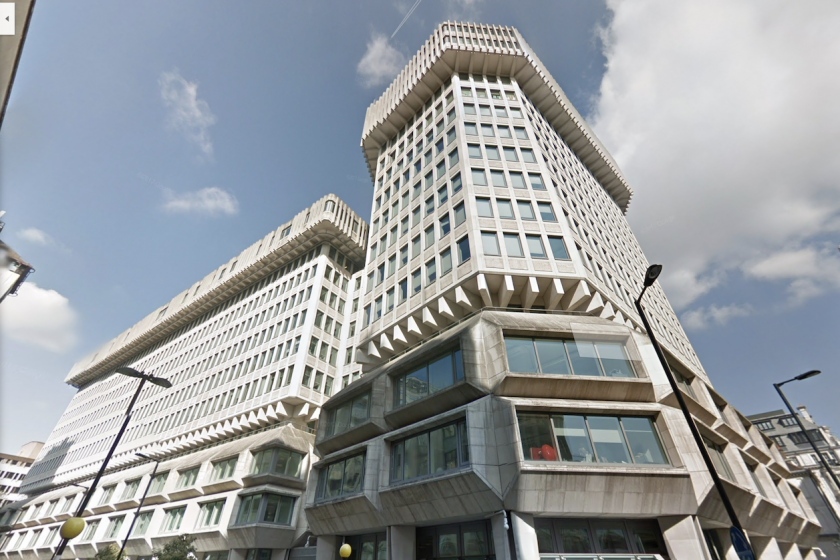A legal presumption was introduced into the Children Act 1989 in 2014 that, in a contact dispute between separated parents, the continued involvement of both parents in their child’s life is in the child’s best interests. This has become increasingly controversial and is seen by many critics as contributing to a ‘contact culture’ (i.e. not enough regard paid to whether contact is actually safe) in family courts. In November 2020, the Ministry of Justice announced that these concerns (following the Harm Report) had prompted them to begin a review of the law.
Almost four years later, that review has still not been published.
We have now received a reply to our third set of Freedom of Information questions to the MoJ on this topic. They tell us that they haven’t published the review yet because there was a change of government in July, so they need more time to consider it. It will be published ‘as soon as possible’. They won’t send us a copy because it’s going to be published and material that’s going to by made public isn’t sent out in response to FoI enquries.
These are the questions we asked in August:
- 1.When will the Review be published?
- 2.What is the reason or reasons for a delay in publication of (to date) nine months from the completion of the Review?
- 3. If the Ministry has now decided not to publish the Review, please send us a copy.
You can read the details of all our previous questions here (6 February 2023) and here (11 February 2024).
Here’s the extraordinarily extended timeline of non-publication of the review:
June 2020: The Harm Report is published.
November 2020: In response to the Harm Report, the MoJ announces an “urgent” review of the presumption.
March 2022: In an evidence session, the deputy director for family justice at the MoJ tells a House of Lords Committee that the review will ‘certainly’ be published by the end of 2022.
January 2023: In response to our first FoI questions, the MoJ states that the review will be published by the end of 2023.
October 2023: The review is completed (according to a reply we received in February 2024).
January 2024: We send in a second set of questions. The MoJ reply that the review is under consideration and will be published ‘in due course’.
August 2024: We send in a third set of questions. The MoJ reply that the review will be published ‘as soon as possible’.
On 10 September. Dr Marie Tidball MP asked her first question in the House of Commons:
Ten years ago, Jack and Paul Sykes, aged 12 and nine respectively, tragically lost their lives at the hands of their abusive father, who set their house on fire. Their mother, my constituent Claire Throssell, is a powerful campaigner against presumptive contact—a legal principle that allowed a known domestic abuser to access Jack and Paul. Will the Minister meet Claire and me to discuss how we can properly protect children from domestic abuse in our family court system?
The reply from Alex Davies-Jones, Under-Secretary of State for Justice:
I thank my hon. Friend for that really important question. Claire’s tireless campaigning for families and children experiencing domestic abuse is inspirational, and my thoughts are with her and the whole community as the anniversary comes closer next month.
Both the criminal and family justice systems will play an essential role in delivering our commitment to halve violence against women and girls. The family court system must protect child victims of domestic abuse, and the new pathfinder courts provide more support for domestic abuse agencies and ensure that the child’s welfare and voice is at the centre of proceedings from the outset. The Government and I take the need to respond robustly to perpetrators within the family courts very seriously. The previous Government were reviewing the presumption of parental involvement. We are considering the findings and will respond in due course.
Yesterday, this article by Anna Moore about Claire Throssell’s campaign was published in The Guardian: ‘Paul and Jack were murdered by the abusive father: Why had the family courts granted him contact?’ We note that this article says: ‘From time to time, cases like these alarm the public. Usually, though, family courts operate with little outside scrutiny, and under heavy reporting restrictions in order to protect children from unwanted publicity’ – which is accurate, but the reporter could have added that these restrictions are being whittled away by the Reporting Pilot. There’s a slight inaccuracy in saying that the presumption ‘was one of the guiding principles’ in 1989, whereas it was introduced in 2014, shortly before the court hearing in Claire’s case. However, the pro-contract culture was bolstered by, rather than created by, the presumption.
Image: Ministry of Justice building on Google Streetview
We have a small favour to ask!
The Transparency Project is a registered charity in England & Wales run largely by volunteers who also have full-time jobs. We’re working hard to secure extra funding so that we can keep making family justice clearer for all who use the court and work within it.
Our legal bloggers take time out at their own expense to attend courts and to write up hearings.
We’d be really grateful if you were able to help us by making a small one-off (or regular!) donation through our Just Giving page.
Thanks for reading!
